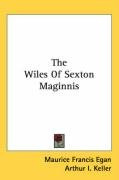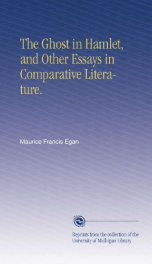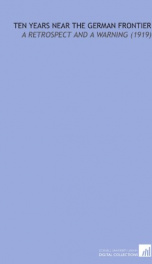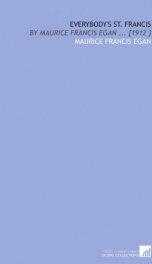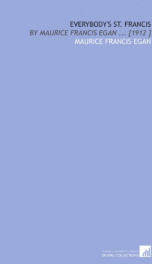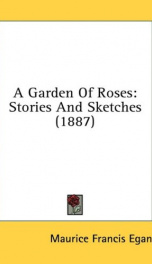Confessions of a Book-Lover
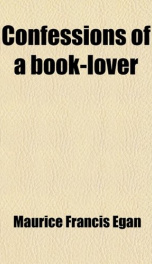
Purchase of this book includes free trial access to www.million-books.com where you can read more than a million books for free. This is an OCR edition with typos. Excerpt from book: CHAPTER III Certain Novelists My Friendship with Thackeray and Dickens was an evolution rather than a discovery. Once having read "Vanity Fair" or "Nicholas Nickleby," the book became not so much a book but a state of mindand, as is sometimes felt about a friendit is hard to remember a time when we did not know him! Mark Twain was a discovery. "The Jumping Frog of Calavaras" and that chuckling scene in "Innocents Abroad," where the unhappy Italian guide introduces Christopher Columbus to the American travellers, were joys indeed. These were more delightful and satisfying than the kind of humour that preceded themthey seemed better than the whimsicalities of Artemus Ward, and not to be compared to the laboured humour of Mrs. Partington. But, leaving out these amusing passages, my pleasure in the works of Mark Twain faded more and more as I came to the age of rea- son, which is somewhat over twenty-five. It was hard to laugh at Mark after a time. Compared to him, the "Pickwick Papers" had an infinite variety. There were other things in Dickens which were finer than anything in "Pickwick," but the humour of Pickwick had a softness about it, a human interest, a lack of coarseness, which placed it immeasurably above that of Mark Twain. The greatest failure of Dickens was "A Tale of Two Cities." And the greatest failure of Mark Twain is his "Joan of Arc." But Dickens redeemed himself in a hundred ways, while Mark Twain sank deeper and deeper into coarseness and pessimism. As Mark Twain is by all odds apparently the national American author, it is heresy to say this; and I know persons who have assumed an air of coldness as long as they could in my presence, because I declined to look on "Joan of Arc" as a masterpiece. It shows some faults of Mark Twain's philosophy ...
Info about the book
Author:
Series:
Unknown
ASIN:
B004TIMJ4E
Rating:
5/5 (3)Your rating:
0/5
Languge:
English
Users who have this book
Users who want this book
What readers are saying
What do you think? Write your own comment on this book!
write a commentif you like Confessions of a Book-Lover try:
Do you want to read a book that interests you? It’s EASY!
Create an account and send a request for reading to other users on the Webpage of the book!

